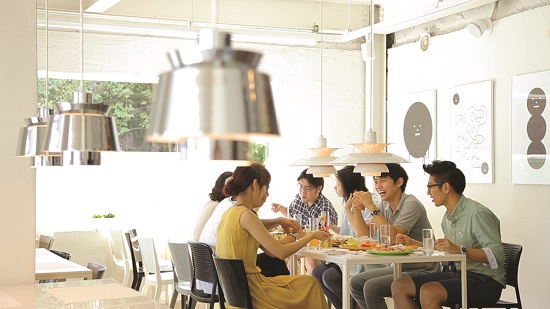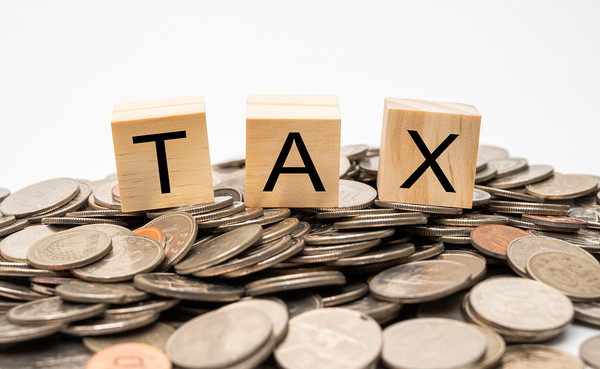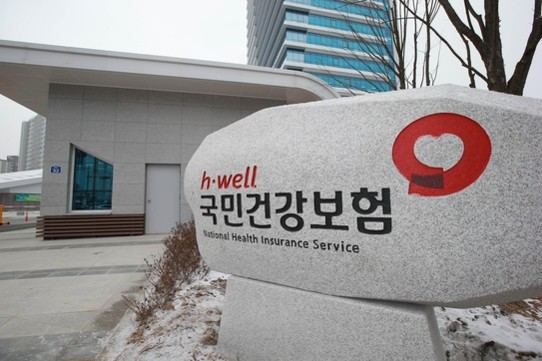To comfortably use an airport pickup service after arriving at Incheon or Gimpo Airport, making a reservation in advance is essential. However, if you enter incorrect details during the booking process or overlook required documents or flight information the company requests, it can lead to confusion upon arrival. As a result, issues like “I definitely booked in advance but can’t find the driver” or “I got lost because the arrival gate was different” may occur.
This article covers the topic “Checklist of Common Mistakes to Avoid When Airport Pickup Booking.” We’ll go over the key points that need to be confirmed during the booking process. Simply following this checklist can help you enjoy a smoother and more accurate airport pickup experience.
Accuracy in Flight Details
Flight Number, Arrival Airport, and Terminal
One of the most critical steps in booking an airport pickup is correctly stating your flight number, arrival airport (Incheon vs. Gimpo), and terminal (T1 or T2 for Incheon Airport). Even a small typo or misspelling can prevent the system from tracking your flight, leading to miscommunication in assigning a driver. For example, if you arrive at Incheon Terminal 1 but mistakenly select “T2,” the driver may be waiting in a completely different area.
Since airlines can adjust their schedules or airports may change terminal assignments, it’s a good habit to confirm your flight information once more before departure.
Estimated Arrival Time and Possible Delays
While you’re asked to provide your estimated arrival time, if your route is known for frequent delays, it helps to inform the company of potential delay times. Although providers often monitor flights in real time, mentioning that your flight is prone to delays and asking for the driver to be scheduled with some buffer time significantly reduces the chances of missed pickups.

Ensure Reliable Communication
Local SIM Card or Roaming Number
If you and your driver can’t find each other at the airport, the only way to solve it is via phone call or messaging. That’s why it’s important to provide your Korean roaming number or local SIM card number in the reservation form. If you plan to activate a new SIM upon arrival in Korea, you might not know the number in advance, so it’s better to enter your overseas number or email instead.
Additionally, sharing global messenger IDs like KakaoTalk, WhatsApp, or WeChat enables the driver to reach you via Wi-Fi, making it easier to coordinate the meeting point.
Emergency Contact Information for the Pickup Service
Conversely, you should also take note of the company’s emergency contact details. If there’s Wi-Fi access on board during the flight, you can notify the company instantly about delays. Should roaming or voice calls not work after arrival, you can use the free airport Wi-Fi to send a message via email or messenger. By securing ‘two-way’ communication, you can significantly reduce the chance of confusion.
Luggage Quantity and Vehicle Selection
Choose Larger Vehicles for Excess Baggage
If you only have one or two carry-ons, a midsize sedan should suffice. However, if you’re traveling in a group or carrying large items like golf bags, strollers, or other oversized baggage, you’ll need a vehicle with ample trunk space. An upgrade to a VAN or SUV may be necessary. By clearly indicating the number and size of your bags when booking, the company can suggest the most suitable vehicle type.
Booking too small a vehicle could result in all your luggage not fitting, forcing an on-the-spot upgrade – at an added cost. Selecting the appropriate vehicle ahead of time also allows drivers to prepare, saving time and money later.
Special Baggage (Wheelchairs, Musical Instruments, etc.)
Items like wheelchairs, instrument cases, or boxed bicycles are larger than standard suitcases. If you don’t notify the company in advance, the vehicle’s trunk capacity may not match, potentially resulting in refusal of service. Different companies have different surcharge policies regarding special luggage, so it’s essential to confirm the terms in advance.
Companion Information
Traveling with Children or the Elderly
It’s easy to overlook that a car seat is mandatory for children under six years old. If you forget to mention children during the reservation, a vehicle with no car seat may be sent, leaving you in a difficult situation. Some companies offer car seats for free, while others charge extra, so it’s vital to check this in advance.
Also, if elderly or mobility-impaired passengers are traveling with you, be sure to note if they’ll need assistance while entering the vehicle or space for a wheelchair. This ensures drivers can prepare in advance for a truly “door-to-door” experience.
Accurate Headcount
It’s not uncommon for people to state “three passengers” during booking but then show up with two additional friends. If the reserved vehicle doesn’t have enough seats, legally, it cannot take more than its capacity, and the extra passengers may need to arrange separate transportation. Always state the exact number of people, and if additional friends may join, consult the company beforehand.
Confirm Arrival Gate and Meeting Point
Incheon T1 vs T2, Domestic vs International
Incheon Airport has two terminals (T1 and T2), which can be confusing, especially for international travelers. Different airlines use different terminals, so checking your flight information is a must. Gimpo Airport, though mostly for domestic travel, also has an international section, so identifying the correct gate in advance is crucial.
Pickup drivers typically wait near the arrival gate with a sign showing your name or at a designated location like a cafe or convenience store. Thoroughly reviewing the map or instructions sent after booking will help prevent getting lost right after landing.
Setting a Realistic Meeting Time
Consider the time needed for immigration, baggage claim, and customs procedures when setting your meeting time. For instance, even if your flight lands at 2 PM, meeting your driver at exactly 2 PM is unrealistic. For international flights, allow 30 to 60 minutes, and longer if it’s a busy season. If you underestimate the meeting time, your driver could be stuck waiting, and this might trigger additional charges.
Payment Methods and Refund Policies
Pay On-Site vs Advance Payment
Some services allow for on-site payments, but more often, providers prefer credit card payments in advance. This is especially helpful for international travelers whose roaming or foreign credit cards may not work smoothly. When opting for on-site payment, be sure to check if you can pay with cash (in KRW) or international cards and whether any extra fees apply.
Refund and Cancellation Policies
As previously mentioned, flights may be canceled last minute or travel plans could change for personal reasons. To avoid penalties, know the refund period and cancellation policy in advance. Many companies offer full refunds if canceled 24 hours ahead, 50% for 12 hours, and no refund for cancellations within 6 hours. Always read the terms specific to each provider.
Conclusion: Small Details That Make a Big Difference
Booking an airport pickup involves many variables. Misreporting your flight arrival time or gate can delay your meeting, and omitting luggage or passenger information can cause vehicle mismatches. If there’s no reliable contact method, dealing with delays becomes even harder. That’s why the key to a smooth and stress-free airport pickup lies in carefully reviewing and submitting all essential details to the provider in advance.
To recap our “Common Mistakes to Avoid When Booking Airport Pickup” checklist: verify your flight, terminal, and gate thoroughly; provide contact methods (calls and messengers); clarify your luggage and passenger count; estimate a realistic arrival time; and review payment and refund terms. Taking the time for this process, even if tedious, will help you avoid awkward situations such as “Where’s the driver?” or “I can’t fit all my luggage in the car.”
If this is your first visit to Korea or your first time using a pickup service, be sure to consult this checklist. In a busy airport environment where small mistakes can cause big inconveniences, careful planning is the first step to an enjoyable trip.


WeBring Service : Provides personalized services to foreigners living in Korea
Exclusive offer: Introducing foreign car rental in Korea, WeBring-SoCar









